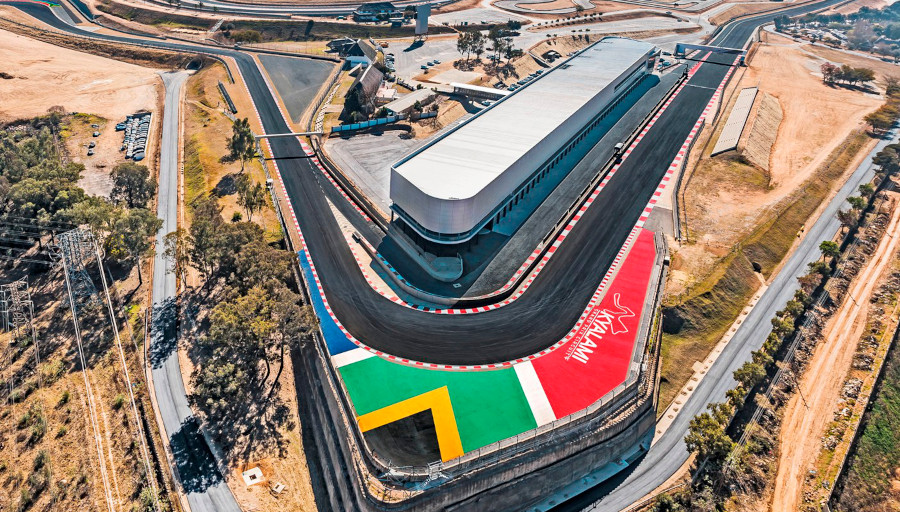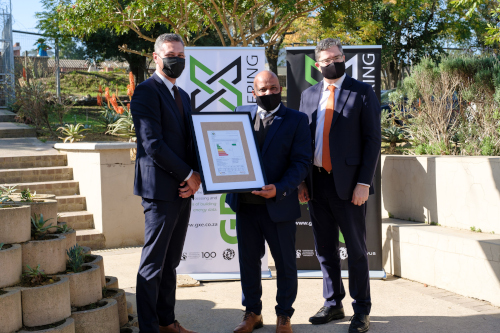The Residential Energy Consumption project is focused around the collection of residential energy consumption data. This data is based upon the types of electrical appliances and their end-use by individuals within the different Living Standard Measure (LSM) across South Africa. The appliance end-use data utilised within the Long-range Energy Alternatives Planning (LEAP) model for analysis, enabling policy makers with a better understanding and visibility of residential energy side. Furthermore, this project supports aspects of the review of the National Energy Efficiency Strategy (NEES) targets, together with the National Standards & Labelling Programme (S&L) impact assessment.
It is widely understood that the energy sector is the backbone of the South African economy. However, this sector faces various challenges which must be addressed ..
Recognising the power sector as strategically vital to South Africa’s economic growth and environmental sustainability, the World Bank has partnered with the South African..
In a new milestone of government’s Energy Performance Certificate (EPC) regulations, the Kyalami Grand Prix Circuit and International Convention Centre …
As the country focuses on improved energy generation capacity, energy savings must not be forgotten! The South African energy industry – and indeed the wider business community…
Monday 21 June marked the exact middle of winter in South Africa, being the longest night and the shortest day of the year. “While this means we are already halfway through winter,
Virtual Stakeholder Workshop
Date: 22 June 2021
Time: 2-4 PM
According to the International Energy Agency (IEA), electric motors are responsible for 53% of the world’s total electricity consumption.
Stellenbosch University spinout company GreenX Engineering’s initiatives to help equip Cloetesville Primary School with energy-saving technology ensured that…
According to the International Energy Agency (IEA), electric motors are responsible for 53% of the world’s total electricity consumption.






